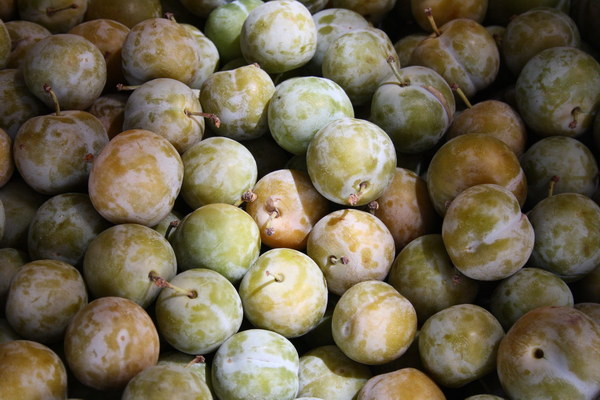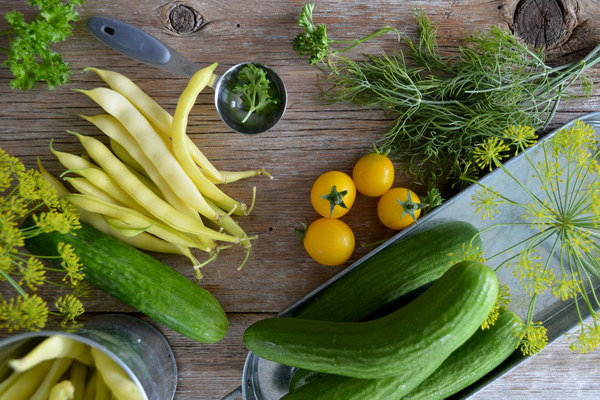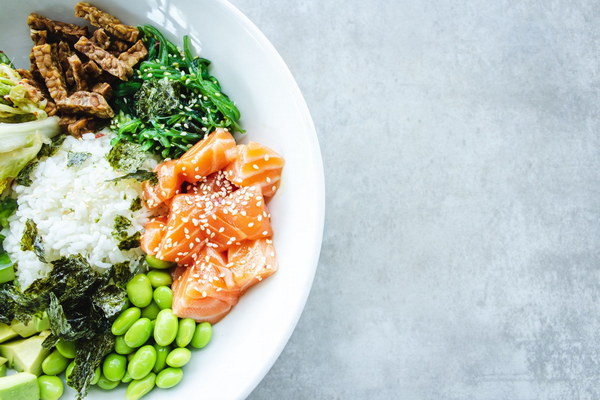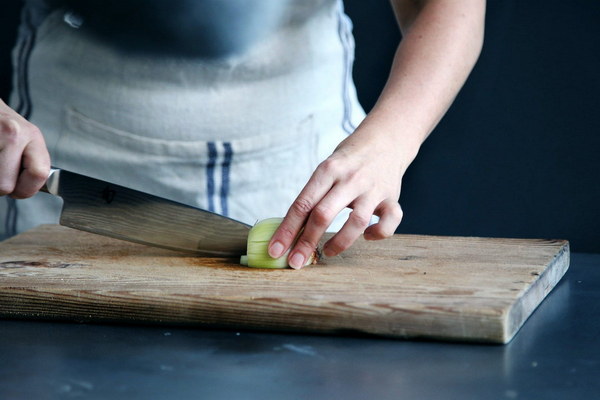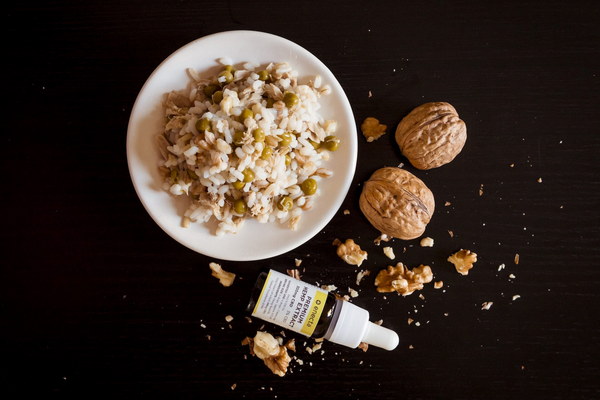Nourishing Your Way to Health Traditional Chinese Medicine's Dietetic Approach to Uterine Fibroids
In the realm of Traditional Chinese Medicine (TCM), uterine fibroids, known as Chong mai syndrome or Yin deficiency with blood stasis, are treated not only with herbal medicine but also through dietary adjustments. This holistic approach aims to balance the body's Yin and Yang energies, thereby alleviating the symptoms and promoting overall health. Here, we delve into the TCM dietetic approach to uterine fibroids, offering insights into the foods and nutrients that can help manage this condition.
Understanding Uterine Fibroids in TCM
Uterine fibroids are non-cancerous tumors that develop in the muscle tissue of the uterus. In TCM, the condition is believed to result from an imbalance of Yin and Yang, specifically involving a deficiency of Yin and an excess of blood stasis. To address these imbalances, TCM therapy includes herbal remedies, acupuncture, and dietary changes.
Foods to Include in Your Diet
1. Nourishing Foods: Yin-nourishing foods are essential in TCM for balancing the body's Yin energy. These include:
- Mushrooms: Shiitake, reishi, and maitake mushrooms are rich in polysaccharides and antioxidants that help nourish the Yin and boost the immune system.
- Seaweeds: Kelp, wakame, and nori are excellent sources of iodine, which supports thyroid function and helps regulate hormonal imbalances.
- Greens: Leafy greens like spinach, kale, and collard greens are rich in vitamins, minerals, and antioxidants, which help to balance the body's Yin and Yang.
2. Herbal Teas: Certain herbal teas can aid in the treatment of uterine fibroids by addressing blood stasis and nourishing the Yin:
- Peony Tea: The flower of the peony plant is known for its ability to move blood and alleviate pain, making it beneficial for fibroids.
- Red Peony Root Tea: This tea has a similar effect as peony tea but is believed to be more potent in moving blood and alleviating pain.
- Chrysanthemum Tea: Chrysanthemum flowers are cooling and can help alleviate heat and inflammation in the body.
3. Fiber-Rich Foods: High-fiber foods can help regulate digestion and reduce the risk of constipation, which can exacerbate fibroid symptoms:
- Legumes: Beans, lentils, and chickpeas are excellent sources of fiber and protein.
- Fruits and Vegetables: Apples, pears, carrots, and broccoli are high in fiber and can help maintain a healthy digestive system.
4. Warm and Nutritious Soups: Soups can be a comforting and nourishing way to incorporate a variety of beneficial ingredients:
- Chicken Soup with Astragalus: Astragalus root is known for its immune-boosting properties and can help support the body's overall health.
- Mushroom and Seaweed Soup: A combination of mushrooms and seaweed can help nourish the Yin and support thyroid function.
Foods to Avoid

In TCM, certain foods are believed to exacerbate the condition by increasing heat, drying out the body, or contributing to blood stasis:
- Spicy Foods: These can increase heat and inflammation in the body.
- Caffeinated Beverages: Coffee, tea, and soft drinks can dehydrate the body and exacerbate blood stasis.
- Alcohol: Alcohol is considered to deplete the body's Yin and can exacerbate blood stasis.
- Dairy Products: Dairy can be difficult to digest and may contribute to blood stasis.
Conclusion
While TCM dietetic approaches should not replace conventional medical treatment, they can be a valuable complement to managing uterine fibroids. By focusing on Yin-nourishing foods, herbal teas, and fiber-rich foods, and avoiding heat-inducing and blood-stasis-promoting foods, individuals may experience relief from their symptoms and an overall improvement in their health. Always consult with a qualified TCM practitioner before making significant changes to your diet or healthcare regimen.
